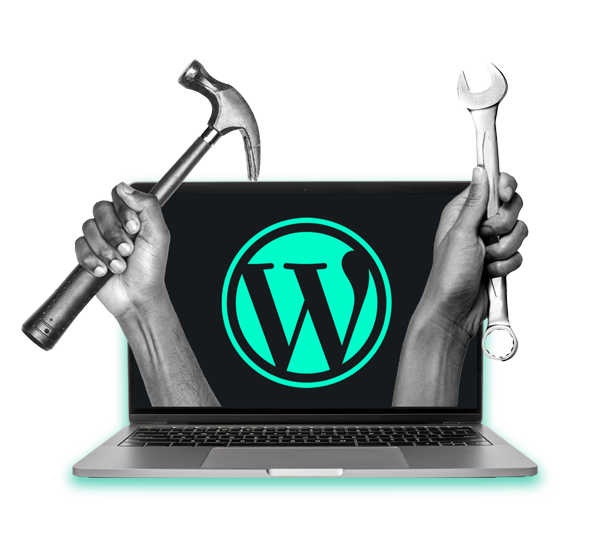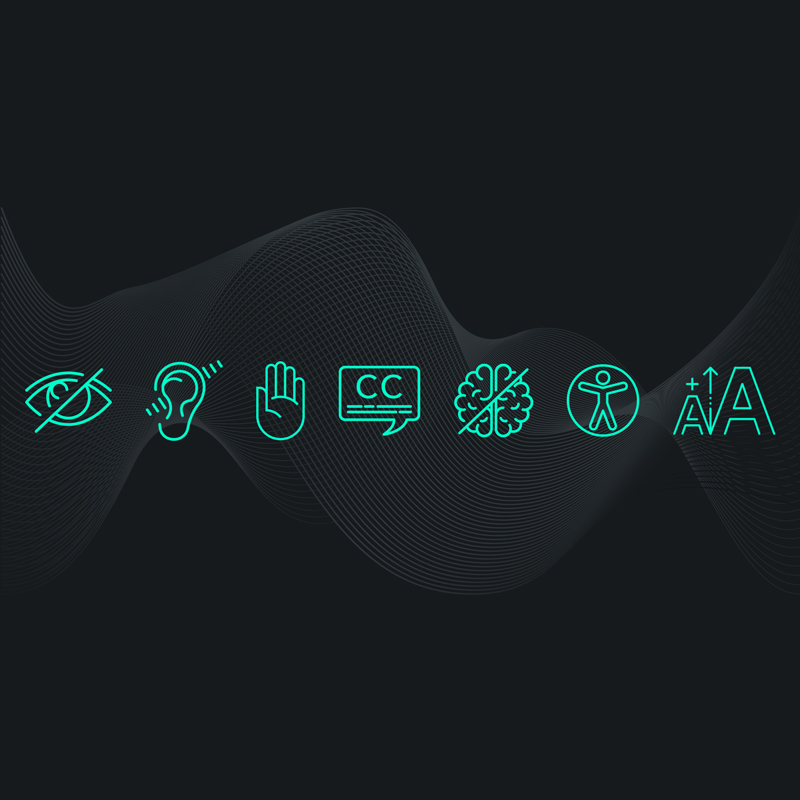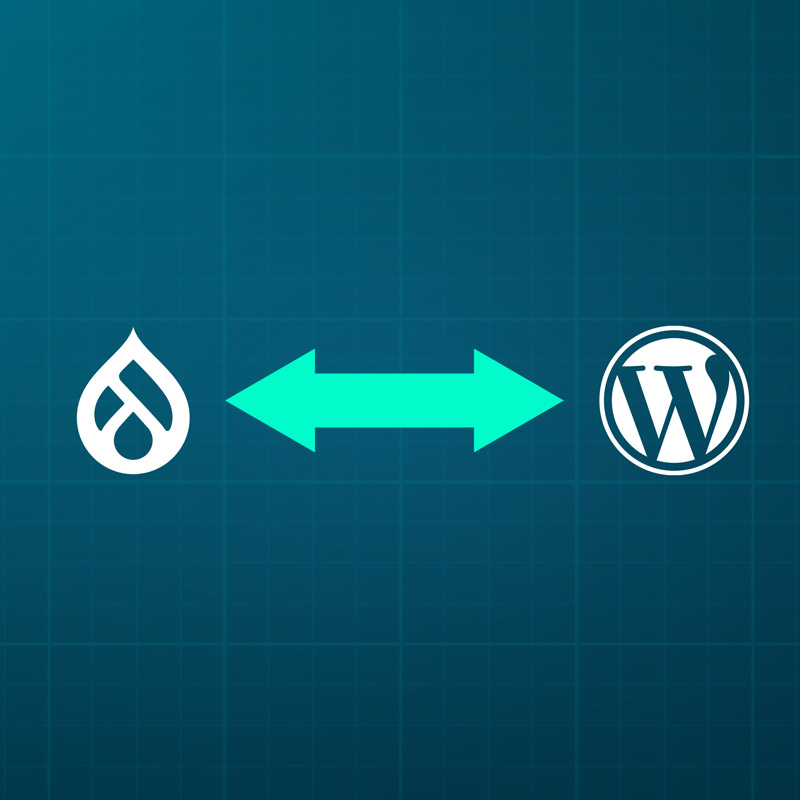
Technical maintenance
Data backup
You need to make sure you have regular backups of your website’s data and files, so you have what you need for a full recovery in the event of website security breaches or data loss.
Software and plugin updates
Keep your plugins and WordPress themes updated. It’s important for website security that you’re running the latest version. Updates often come with new features to improve site performance and user experience.
Security testing
Your website needs protection from security breaches with regular updates and fixes. This will protect it from potential vulnerabilities to security threats.
Cosmetic maintenance
Layouts
Cosmetic maintenance keeps your web pages looking good, which is a plus for user experience.
Useful and necessary updates to page layouts keep your site intuitive and easy to use.
Image and graphic updates
You should also make sure you regularly update images and graphics. Along with your colour palette and other visual aspects. This optimises your site for better user engagement.
Content maintenance
Adding new content
Adding new content to your website regularly is vital for SEO. Whilst maintenance packages are designed to keep your website up and running, additional support contracts can assist with your site’s content. This can include adding new blog posts to keep your audience engaged. If you’d like some help with keeping your site updated with fresh content, talk to our team about a tailored support package.
Updating existing content
It’s also important to audit your existing content and update it. For example, blog posts might need updating to include the latest stats on a particular topic, or replacing broken links.
Optimising content for search
SEO best practices constantly evolve. So, it’s also a good idea to review and update old content to make sure it’s working as well as it can for you. As always, it’s important to get a balance here. Content should never be keyword-stuffed. It needs to be written with your reader in mind first. But it doesn’’t hurt to look at your legacy content to make sure it’s fully optimised.
Better SEO
Broken links and out-of-date content that isn’t useful to your audience can affect where you rank in search. So building in regular web maintenance is a vital arm of an effective SEO strategy.
Better website performance
Having a plan in place to update and monitor content helps your site perform better. Strong maintenance keeps on top of loading speed and other performance aspects. It means less frustration for your users and a lower bounce rate for your website.
Increased trust and brand reputation
A well-maintained website means a better first impression for your users. Up-to-date designs and layouts create a positive first impression and enhanced user experience. This helps to bolster your brand reputation, building up trust with your audience.
Improved website security
Updating your software, themes and frameworks to the latest versions helps protect your website and data. And regular security monitoring means better protection from hackers and malware infections.
It works wonders for user trust too. People notice and remember security flags and flaws. They’ll abandon your website and it can damage your reputation. Sometimes irreparably.
Time and money savings
Potential time and cost savings are huge when you choose expert developers to manage your web maintenance. Keeping on top of maintenance will eat up hours of your working week if you attempt to do it yourself. Why not hand this job over to the professionals? Our website maintenance team has efficient processes for web maintenance tasks. We have the in-depth technical expertise to keep your website performing well.
Annual maintenance
Every year, you should do a full optimisation across your entire site. This means auditing all your content, SEO practices, backup strategies and domain renewal.
Quarterly maintenance
You can set updates to security, plugins and themes automatically on the CMS. But you should also schedule quarterly security maintenance to keep things secure. Working with a professional developer is the best way to make sure everything is functioning as it should. It’s true that automated plugin updates will save you time, but it needs a professional eye to check for any potential issues that can crop up with these updates.
Another thing to schedule in for quarterly review is SEO audits. That way you can make adjustments that could move the needle based on your ongoing analytics.
Monthly maintenance
Your monthly maintenance tasks centre around optimising code and updating content. This ensures a better user experience. This would be updates to things like blogs, FAQs, images, and graphics. You should also plan WordPress framework and plugin updates to be done each month as an absolute minimum.
Weekly maintenance
Weekly maintenance focuses on things like page errors and broken links. When these aren’t fixed it can frustrate your users and increase your bounce rate. Although framework and plugin updates can be done on a monthly basis, ideally you’d do these weekly for best practice. And for complex client websites with high traffic volumes, we run these checks as frequently as twice per week. Security patches should be ad hoc and not left to a scheduled time. That way you avoid leaving your site open to flaws and vulnerabilities.

















